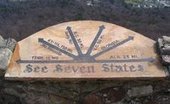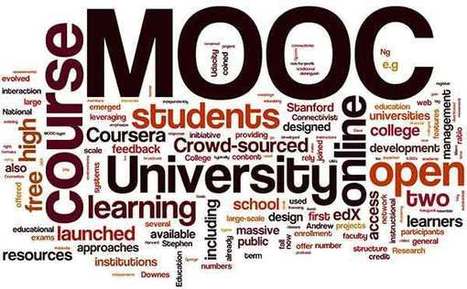"This analysis of Georgetown’s first six MOOCs (massive open online courses) comprises three parts, moving from general to specific in scope. I begin with a discussion of demographic factors across all six courses, seeking to answer the following question: “Who takes, and succeeds in these courses?” Next, I discuss the relationship between stated intention and course performance with survey data from a pre-course survey for Georgetown’s very first MOOC, an economics course. I end by examining the gender achievement gap in the same economics course. [Healy, P. A. (2017). Undergraduate Economic Review, 14(1)]
Research and publish the best content.
Get Started for FREE
Sign up with Facebook Sign up with X
I don't have a Facebook or a X account
Already have an account: Login
 Your new post is loading... Your new post is loading...
 Your new post is loading... Your new post is loading...

ғelιх c ѕeyғarтн's curator insight,
December 5, 2016 4:54 AM
I prefer a terminology referring somewhat less instrumentally to demand-side vs institutional perspective, but other than that couldn't agree more.
|
|












